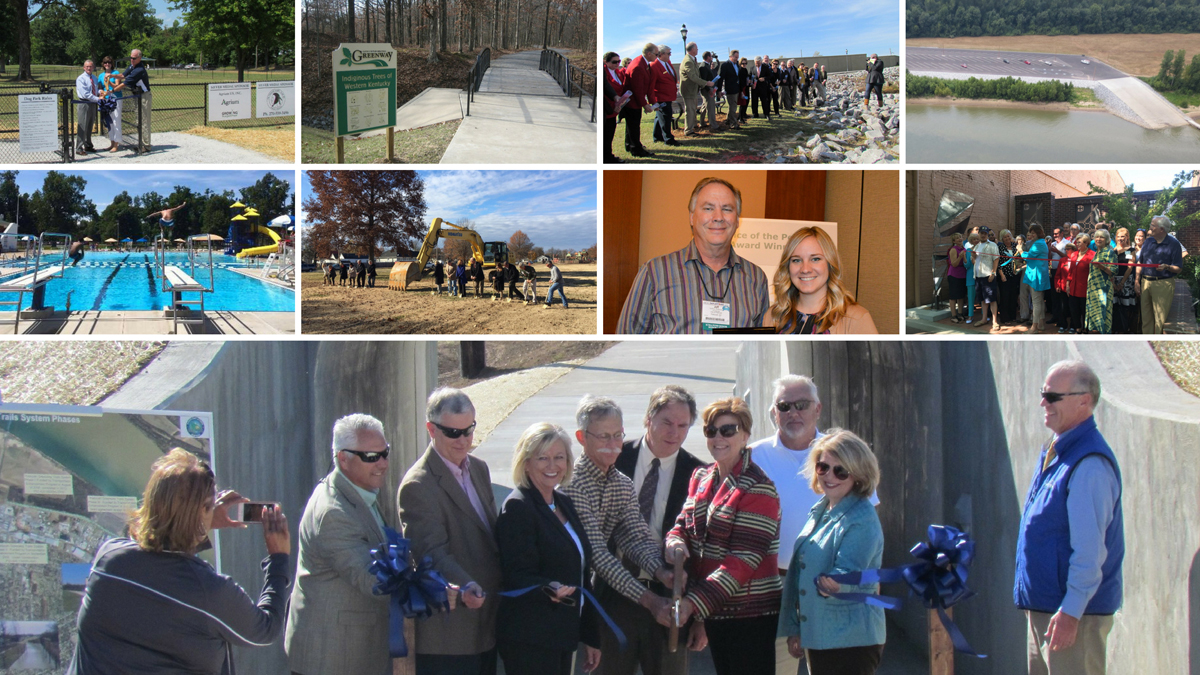How to Turn Innovation Into Reality
By NRC on July 25, 2017

-Coffee Break Webinar -
Taking risks on new practices and making lasting changes for your community is hard. Fear and doubt often create the biggest hurdles in testing good ideas and implementing them correctly. Local government leaders who gather citizen data are ready to use their results to take the next step. So this Coffee Break Webinar features West Regional Director for Alliance for Innovation (AFI) Nijah Fudge. Fudge has a professional background in local government and brings six years of experience helping to identify and implement successful community programs. Her method of transforming data into a story fosters collaboration and drives results. Fudge shares what leaders should know to make the difference between passed over policy and establishing real, tangible benefits.
About the Alliance for Innovation
Alliance for Innovation (AFI) has been around for 37 years and has over 350 members. AFI partners with municipalities across the nation, making critical connections to innovative practices. AFI is also partnered with the International City/County Management Association (ICMA) to inform leaders about the latest innovative practices in local government, and Arizona State University to provide access to research and case studies. AFI collaborates with these organizations and municipalities with the mission of inspiring innovation to advance communities.

Six Qualities of Innovation
- Inclusive Leadership
- Relentless Creativity
- Extensive Internal Partnerships
- Robust External Partnerships
- Authentic Community Connections
- Reality Focused, Results Driven
Reality Focused, Results Driven
There are a few things to keep in mind when innovating. Your organization needs to strive for sustained impact with new policies rather than short term effect. Make sure your goals are useful and serve a need of the community. Know who benefits from the changes. You will also need a process to implement ideas rooted in data that has already been collected and analyzed.
Putting Data to Work: Albert Lea, MN
Albert Lea, MN conducted The National Citizen SurveyTM (The NCSTM) and found community engagement ratings they wanted to improve upon. In the 5th and 6th Wards, just over half of residents had a positive image of the City. Only 18 percent said they had confidence in their City government. While reviewing their outreach methods, Albert Lea discovered new ways to improve citizens’ perceptions of their local government organization. First, they found their bi-monthly newsletters were not reaching certain areas. So they mailed out City news along with the monthly water bill to ensure more people would see it. They also improved their social media outreach by touting the natural beauty of the land, showing photos of the City’s history and celebrating local firefighters. Now, the City of Albert Lea is reaching more residents more often with better mailing and web communications.
Valley Benchmarking Group
A group of 11 cities in central Arizona gathered for the first time in 2011 with the aim of improving local government performance for the entire region. They found a great way to accomplish their goal was not only to compare city data but to understand the meaning behind the data. These continued communications create a benchmark for the organizations to base decisions on. The cities share innovative solutions to problems as well, which is beneficial when they need to enact new plans.
The City of Peoria, for instance, needed data to better understand police response times. After gathering and assessing information on the response times of neighbor police departments, they learned a great deal about both deployment and how city infrastructure impacts speed. With assistance from AFI and the rest of the Valley Benchmarking Group, Peoria was able to provide faster police responses for residents.
3 Steps to Innovate With Data
Create a data-driven culture by aligning models for organizational wide-improvement. This allows you to track new policies and ensure they are improving the community. Make sure all departments report in a uniform way so that the data is accurate.
Reward instead of punishing people for finding the data. Innovation can only happen successfully when jurisdictions are transparent about their data, even survey ratings that are lower than desired. Lower ratings may simply indicate needs that innovative ideas can address. People are looking to justify good ideas, they just need a little incentive or encouragement to approach touchy subjects.
Tell your story internally and externally. Using data to justify change is important, and dramatically improves early buy-in for your project. Let residents know about pilot projects and communicate clearly that the city is experimenting before adopting something new.
Related Articles
- Top Ten Local Government Innovations of 2017
- How Local Governments Can Use Survey Data to Innovate
- How to Cultivate Civic Trust
National Research Center, Inc. (NRC) is a leading full-service survey research and evaluation firm focusing on the information requirements of the public sector, including local governments, health care providers, foundations and non-profit organizations. Visit our home on the Web at www.n-r-c.com. Check out our media page for more news, tips and human-interest stories from NRC.
Popular posts
Sign-up for Updates
You May Also Like
These Related Stories

Resident Centered Strategic Planning

Top Ten Things We Did in Tulsa


